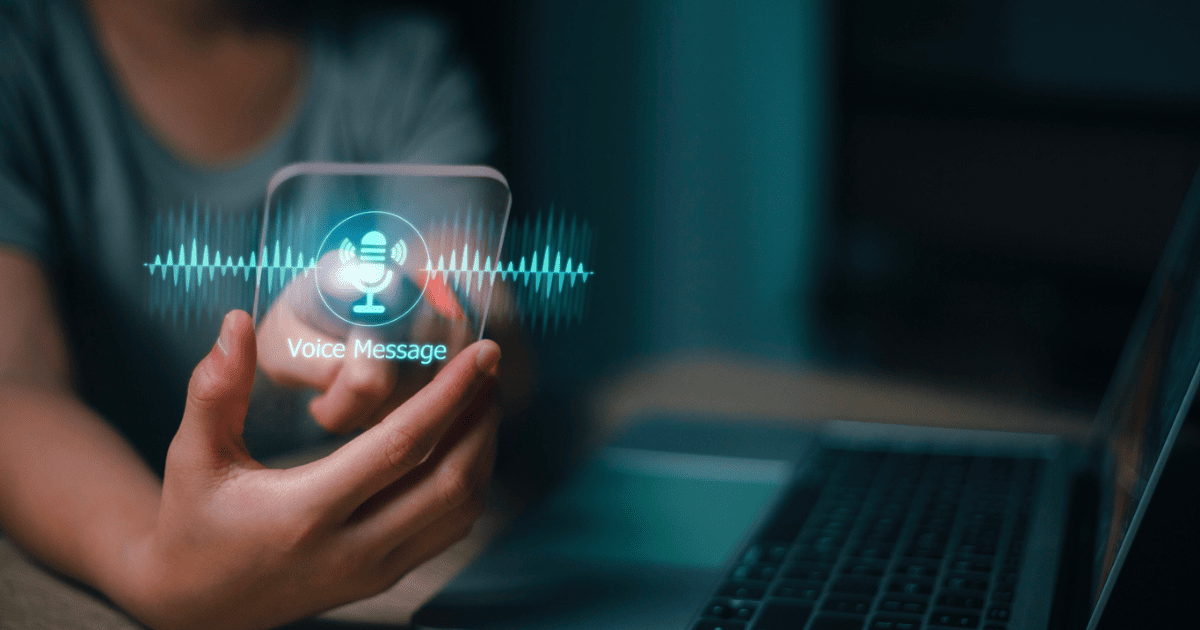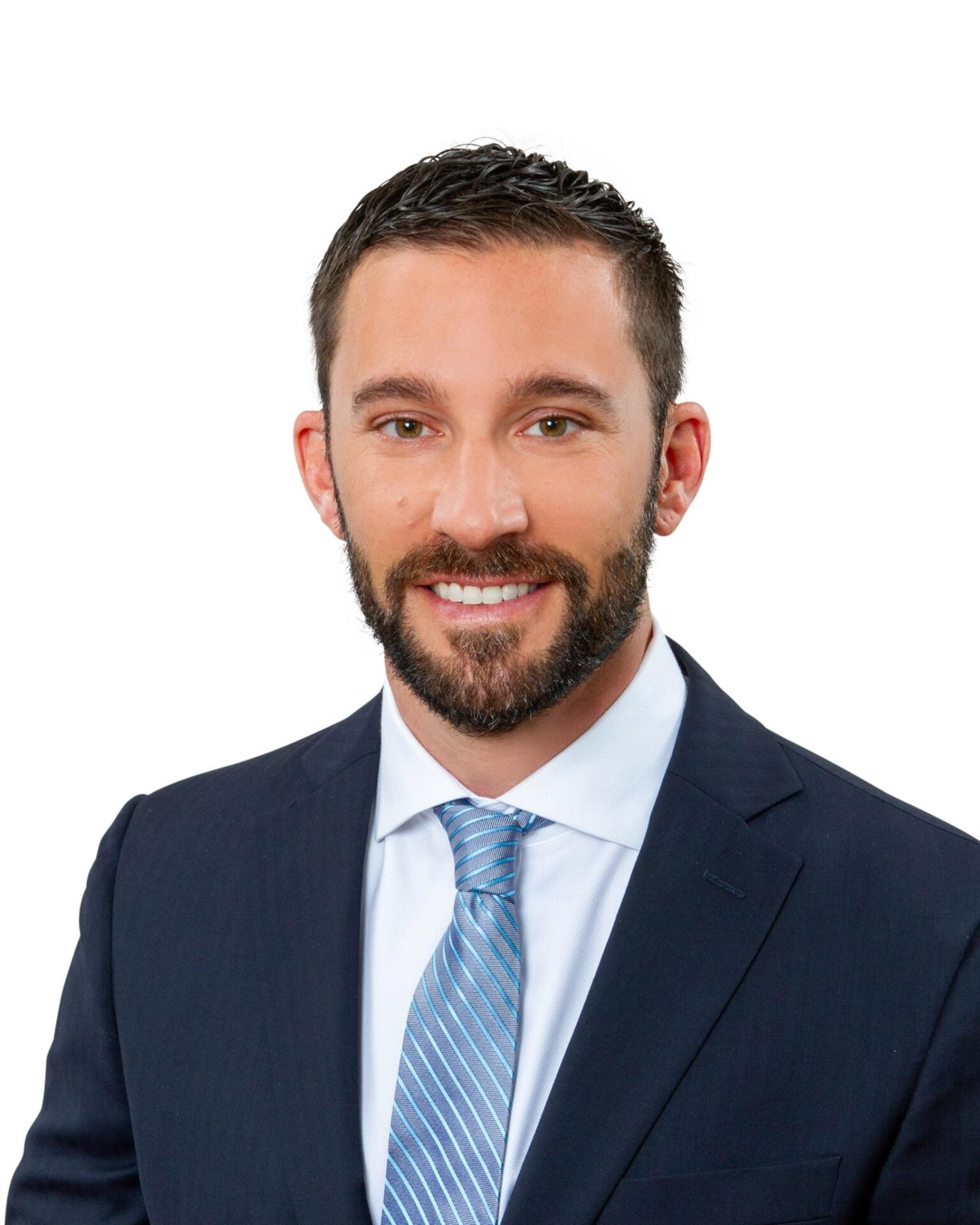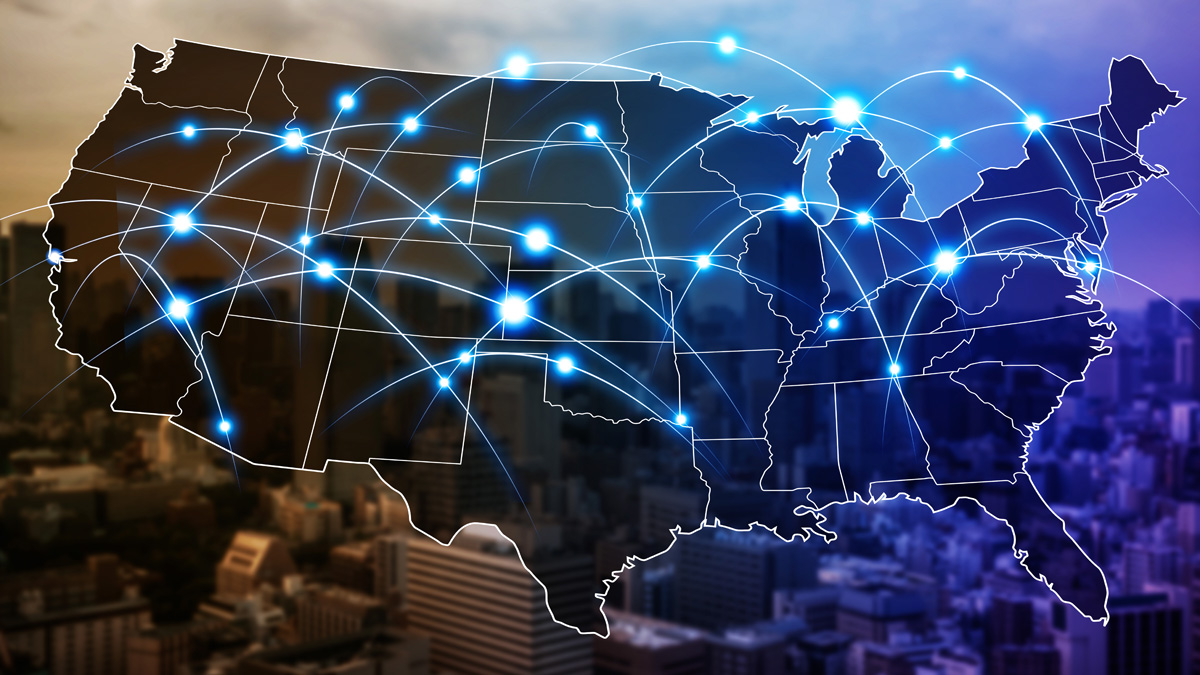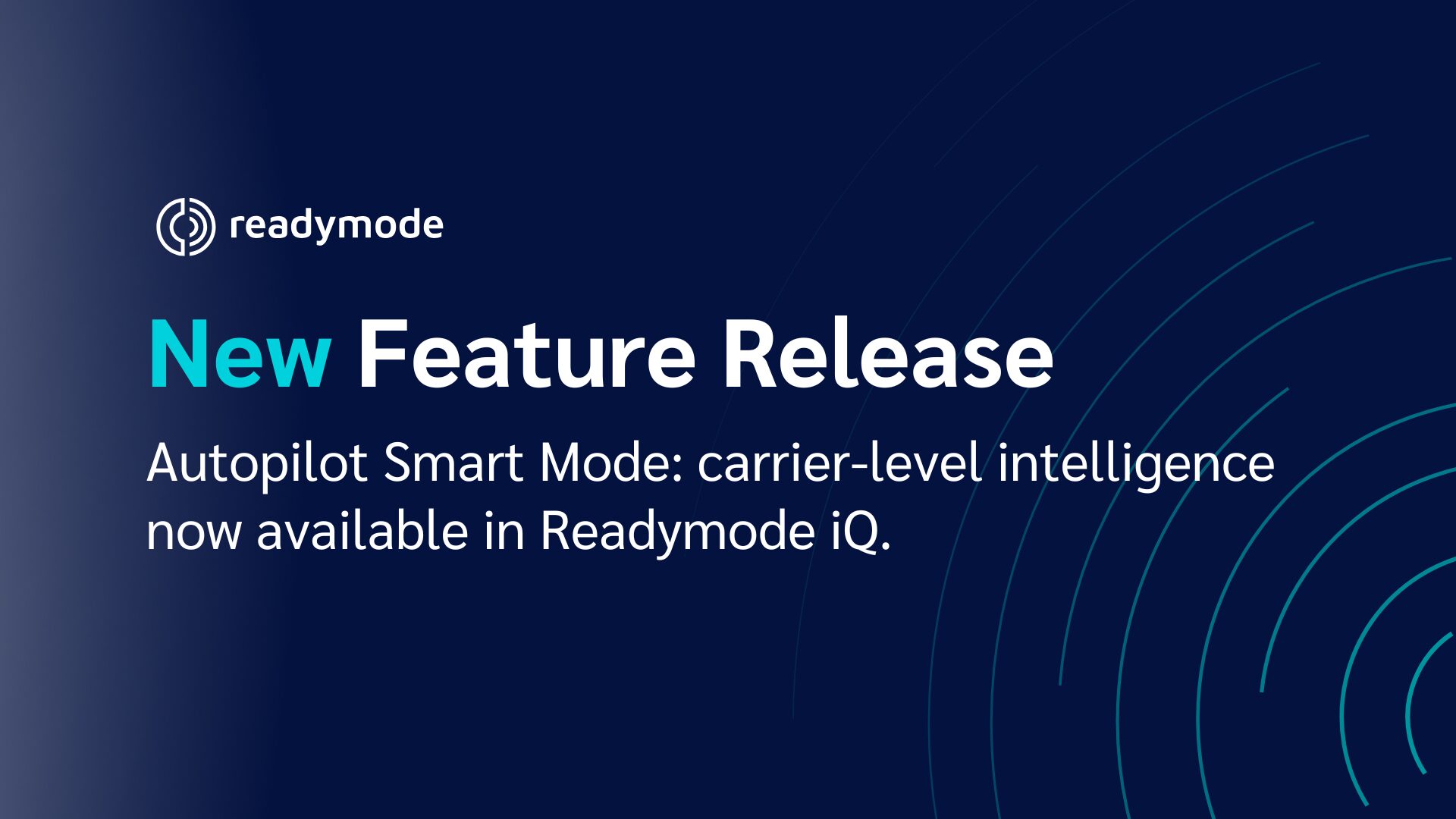The TCPA (Telephone Consumer Protection Act) and the FCC’s (Federal Communications Commission) implementing regulations are full of technical requirements for calling and texting campaigns. They’re all built around two core compliance pillars:
- Restrictions on pre-recorded/artificial voice calls, and
- Solicitation calls to numbers on the National DNC Registry
Below, we’ll be exploring a few of the various ways to comply with both restrictions.
Pre-Recorded and Artificial Voice
The first pillar concerns calls made with an auto dialer and/or pre-recorded or artificial voice. With few exceptions (like emergencies), those calls can only be made to people who consented to receive them. “Prior express consent” must be provided by the person called if the call is transactional or informational in nature, and “prior express written consent” is needed if the call is considered telemarketing or an advertisement. See 47 U.S.C. 227(b)(1)(B); 47 C.F.R. §§ 64.1200(a)(1)(iii), (a)(2).
For many years, Plaintiff’s lawyers successfully convinced many courts to effectively expand Congress’s definition of what qualifies as an autodialer. The US Supreme Court rightly corrected that mistake in April 2021, find the full decision here.
As a result, technology that depends on you, the customer, to supply the phone numbers that you’ll call is not considered an “autodialer” under the TCPA, leaving
pre-recorded/artificial voice calls under this first pillar. The path to compliance is simple: just don’t make those calls without prior express consent.
Making calls with live agents, rather than using pre-recorded or artificial voice, will ensure you do not violate sub-section 227b of the TCPA (227b). But if you do have consent from the people you intend to dial, many modern dialer tools have pre-recorded voice and voicemail features to meet your needs.
Why does DID reputation matter?

Call centers, outbound sales agents, or anyone who does any kind of outbound dialing, must all deal with DID reputation issues. Sometimes even large, reputable companies have their numbers show up as “Spam” or “Scam Likely” when calling customers.
It’s a tricky proposition. Major carriers (T-Mobile, Verizon, AT&T, etc.) have contracts with different providers who have developed methods, databases and algorithms to manage DID reputation. All of which are different, and are black boxes. You might hear the names of these providers come up – the biggest of which are:
- Hiya (AT&T)
- First Orion (T-Mobile)
- TNS (Verizon)
So what does this mean? We’ll probably never know for sure exactly how calls are marked as Spam/Scam, but we do know some things that’ll help you extend the lifespan of your DIDs.
Calls to Numbers on the National DNC Registry

The second main pillar of compliance deals with calls to numbers on the National DNC Registry. This subsection of the TCPA (227c) prevents you from making sales calls to people who have registered their phone numbers on the DNC, unless you have that person’s consent, or an “established business relationship” (EBR) with them. An EBR can be a scenario where they have made an inquiry to your business, which allows you to follow up with them for 3 months, or if they made a transaction, which allows you to call them for 18 months from the end of the transaction.
To remain compliant under the TCPA, there are two main paths you can take for
making sales calls to new contacts with whom you don’t have an EBR or consent:
- Scrub your calling lists against the DNC registry to ensure that you’re only calling numbers that have not been registered. Tools like Readymode make that easy by including an integration with DNC.com’s scrubbing services.
- Or don’t make sales calls to those numbers. If the purpose of the call isn’t to advertise something that you or one of your business associates wants to sell (whether property, goods, or services), those are ordinarily not sales calls. For example, calls about employment opportunities for the called party, or to purchase something the called party advertised for sale (a house, a car, etc.), generally do not implicate the DNC rules in the first place because the campaigns aren’t designed to sell anything to the called party.
In short, if you can steer clear of pre-recorded/artificial voice calls, you’re on the right path in your compliance journey. And if you’re making sales calls, be mindful of the TCPA’s DNC rules.
This is not legal advice. You should consult a qualified attorney for your compliance needs.
Joe Bowser
Joe Bowser is a partner at Roth Jackson. He has been practicing communications and marketing law for two decades. He advises and defends calling and SMS platform providers (like Readymode), carriers/VoIP providers, and heavy users of those services in their wide range of compliance needs. In his spare time, you can find him taking his boys to their sports, getting in a workout of his own, or catching an Arsenal match.









